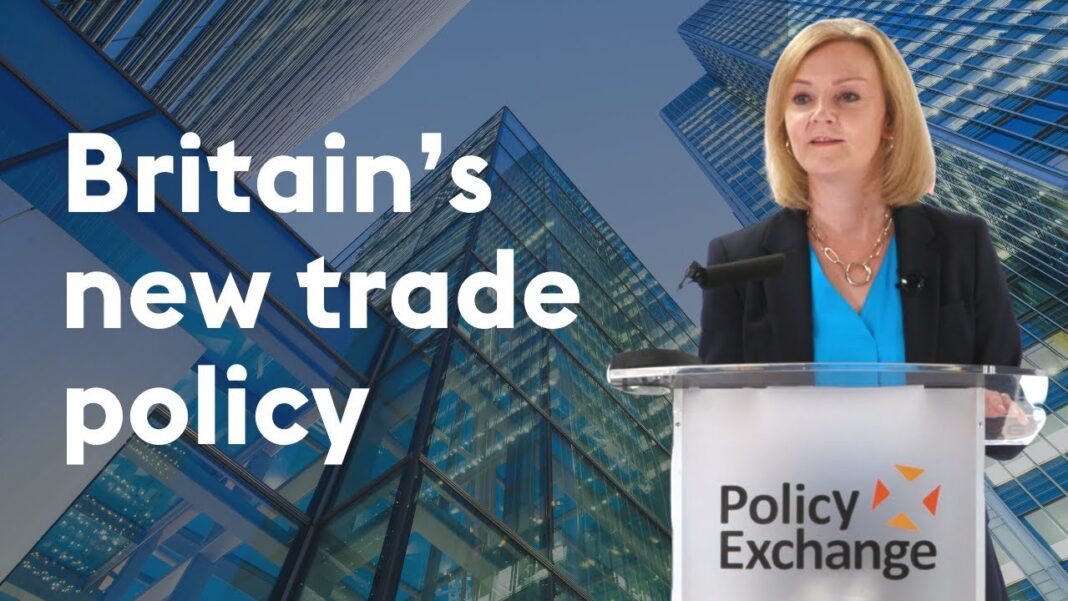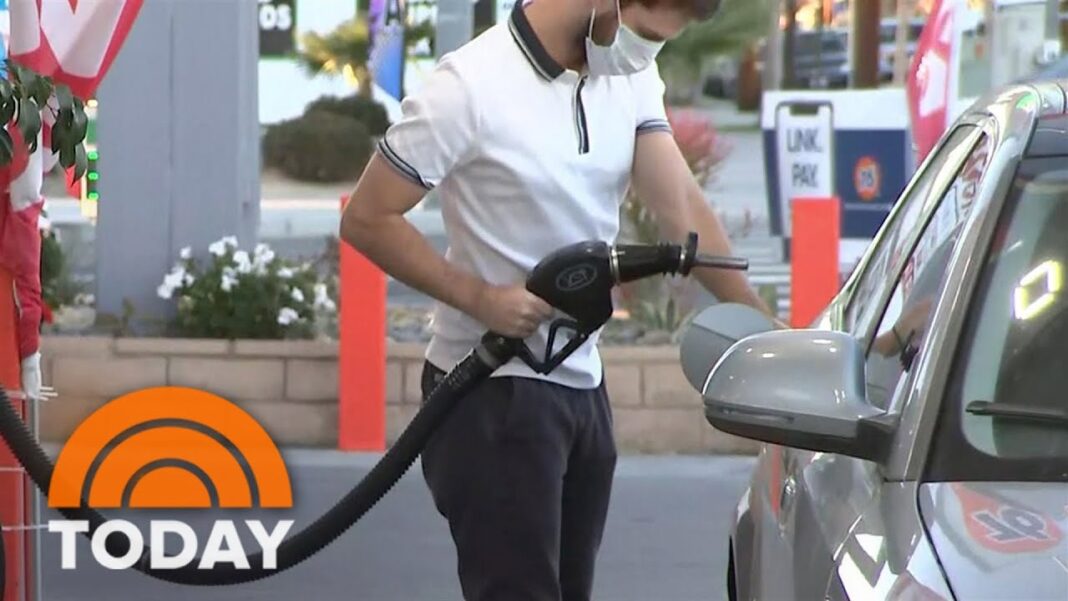Britain cannot become strategically dependent on China and must work with “reliable partners” on its critical national infrastructure, UK Foreign Secretary Liz Truss has said.
Truss, who replaced Dominic Raab as UK foreign secretary in a reshuffle last month, is currently on a visit to India to discuss security and defence links with the South Asian giant.
In an interview with The Telegraph, Truss said that Britain will continue to trade with China, “but it’s important that we don’t become strategically dependent.”
Asked about the involvement of Chinese state-owned companies in UK nuclear power plants, Truss said: “I think it’s very important that we don’t become strategically dependent and I think it’s important that we make sure that we’re working, particularly in areas of critical national infrastructure, with reliable partners.”
“There are other areas like quantum, artificial intelligence, cyber security where we need to make sure the partners we’re innovating with are reliable and there is a bond of trust there,” she was quoted as saying.
Truss also stressed the importance of diversity in the UK’s supply chains for pharmaceutical products, which she said was highlighted during the COVID-19 pandemic that was caused by the CCP (Chinese Communist Party) virus.
She said the UK needs to “build a network of liberty around the world with like-minded partners.”
“We’re winning the battle for economic influence for those countries that believe in free enterprise, that believe in democracy, as opposed to non-market economies which include China,” she said.
On the final day of her two-day visit to India, Truss will tour the Royal Navy aircraft carrier HMS Queen Elizabeth, which is taking part in a series of exercises with the Indian military.
It is part of the carrier strike group’s deployment to the Indo-Pacific amid heightened tensions with China in the region.







